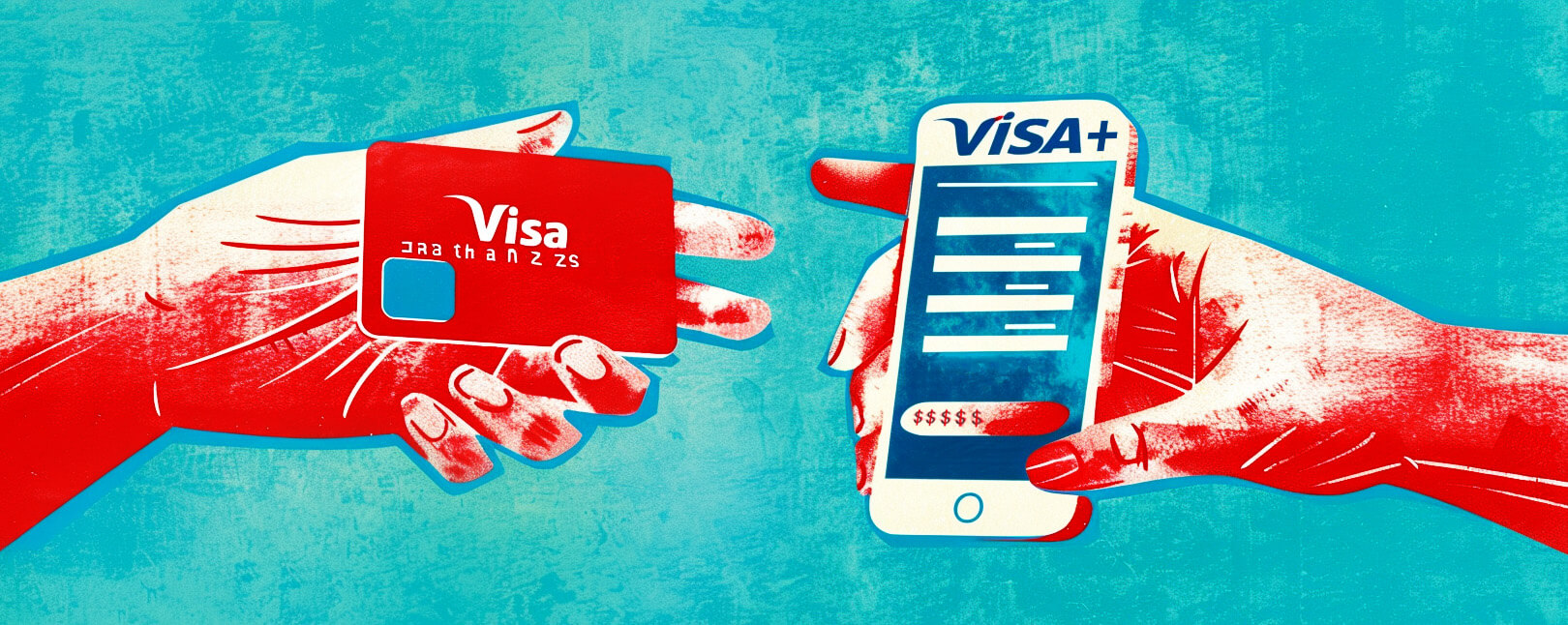Offering Cash Back on a Debit Card Purchase: Here's What You Need to Know
Offering cash back on a debit card transaction benefits both you and your customers. In a retail world where eCommerce is consistently eroding in-person sales, cash back debit purchases give brick-and-mortar merchants a distinct advantage.
For cardholders, the most obvious benefit is convenience, but consumer confidence may factor into the equation, too. Getting cash back with a purchase from a major retailer is more reassuring than a lone ATM at the back of a convenience store.
In this post, we’ll take a closer look at cash-back debit card transactions. We’ll see why merchants like the idea. We’ll also examine the impact of the card networks’ regulations, and any potential financial drawbacks for your business.
How Does Cash Back Work with Debit Cards?
It’s important to note up front that getting cash back from a debit card transaction is not the same thing as using a cash back debit card. Certain banks do offer debit card programs that refund the cardholder a certain percentage from each transaction. However, these are the exception.
What we’re talking about here is a service you would offer to customers who pay by debit card. If you provide the option, cardholders already know how to get cash back. They add a certain amount to the total purchase price of a transaction and take the difference in the form of cash.
Offering Cash Back Won’t Up Your Chargeback Risk…
…but a lot of other factors can. You need proactive management. Click to learn more.

Debit cards are linked directly to the customer’s bank account. This means both the purchase price and the added amount are deducted from the customer’s account balance. This is why cash back is not available on credit card purchases; the card is tied to a line of credit, not an actual account with a balance.
To offer cash back debt card transactions, you first need to have an electronic POS terminal to process the transaction. Purchases made using a manual imprint machine won’t qualify for cash back. Your check-out device must be encrypted, and processing requires a secondary form of identification, like a PIN code.
Who Benefits from Debit Card Cash Back Transactions?
The option to receive cash back happens when cardholders swipe or dip their card at a terminal. This process originated in the 1980s with the British retail chain, Tesco. They quickly discovered that customers appreciated the service, making consumers more likely to shop at the store. Thus, it benefits both the merchant and the cardholder.
There are other benefits, as well. A consumer withdrawal during a debit card transaction allows the store to convert physical cash into electronic sales. For example, a $100 purchase combined with $100 cash back would be a $200 payment card transaction. This means less cash is kept on the premises, reducing the amount of funds that will need to be transported to the bank, and reducing the risk of robbery.
As we’ve seen, there is an upside to offering cash back for debit card purchases. The benefits for consumers are obvious:
- Receive cash instantly
- No need to locate an ATM, or use one in a sketchy location
- The process is typically better insulated against fraud
- No fees assessed
At the same time, you as a merchant also enjoy multiple benefits from offering cash back:
- Convenience encourages loyalty among existing customers
- Service may help draw in new customers
- Your staff has less cash on hand for to worry about
- Customers will make purchases just to qualify for cash back
Participation in a cash back program is elective, and some merchants decline the opportunity. Are there downsides to offering cash back? Well, there are few things you should consider before implementing a program.
The Challenges of Offering Cash Back
The main reason to consider not offering cash back is the cost.
There may be upfront investments, particularly if your processing equipment is not up to date. There are no fees for your customers, but once you’re up and running, your acquirer may still hold you responsible for the interchange fee. Unlike a credit card fee, however, fees on debit card are flat rates. Merchants often find that the benefits are worth the transaction fee, but that’s not always the case.
There’s also the fact that some purchases don’t qualify for cash back. Card networks and issuers each have their own regulations regarding cash back, including how much cash you can provide per transaction. For example, transactions are limited by Visa’s Core Rules to no more than $200 in cash back in most parts of the world. Issuing banks may set maximum levels below what the card networks allow.
How Cash Back Amounts Impact Chargebacks
Another concern which may influence your decision regarding cash back is the prospect of fraud. What happens, for example, if you provide cash back to a customer, and then the cardholder later files a chargeback? Do you lose the cash you provided as well?
Fortunately, when it comes to debit card disputes, merchants have nothing to fear from offering cash back to their customers. Both Visa and Mastercard specify in their regulations that chargebacks cannot be used for the cash back portion of a transaction.
Customers may still dispute the amount of the transaction, though (minus the cash back). Also, there are other transaction processing issues that brick-and-mortar merchants should be worried about. Without a proactive risk mitigation plan that helps you reduce chargebacks and recover revenue, out-of-control customer disputes can have a serious negative impact on your bottom line.
Happy Customers, Decreased Risk, and Increased Sales
In nearly all situations, offering cash back on a debit card transaction is a win-win situation. Consumers love the convenience and security, while you increase customer loyalty and your earning potential. Best of all, the entire process can be deployed with a minimum of risk on your part.
Your bank or processor can help you get started offering cash back. When it comes to protecting your revenue against chargebacks, however, contact the experts at Chargebacks911®. We offer comprehensive, end-to-end management that’s flexible, customizable, and transparent. To learn more, contact us today.
FAQs
Do debit cards have cash back?
Yes, all modern debit cards are capable of offering cash back on card-present transactions.
Should I offer cash back on a debit card transaction?
There are definite benefits to providing cash back options with debit card purchases. Customers love the convenience, and you have less physical cash to deal with. In most cases, it is a win-win.
How does cash back work?
Customers are essentially making a withdrawal from their bank account, through your store. They pay for their merchandise and request an additional amount. You supply the difference, though, it doesn’t actually impact your bottom line.
Can chargebacks be filed on the amount of a cash back transaction?
Card networks specify in their regulations that chargebacks cannot be used for the cash back portion of a transaction. However, you could still be hit with a customer dispute for the amount of the purchase itself.











